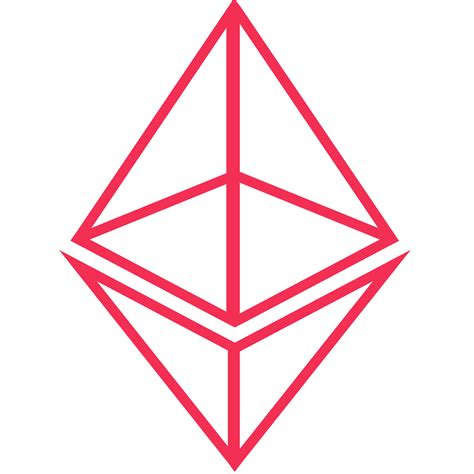Bitcoin: Has anyone tried accepting bitcoin on your woocommerce store? no complicated stuffs please!
February 8, 2025Metamask: Is there any method that i can show a “Insufficient TOKEN balance” in metamask?
February 8, 2025
Ethereum: Understanding the daily reward of Bitcoin
The Ethereum network, which is also known as Ethereum Blockchain, has been a driving force in the development of decentralized applications (DAPPS) and intelligent contracts since its foundation in 2015. One of the most important aspects that distinguish Ethereum from other cryptocurrencies is the unique consensus mechanism that enables the creation of a global peer-to-peer network.
At the center of this mechanism is a reward system for miners who are responsible for the validation of transactions on the blockchain. The reward system was developed to get miners to contribute their computing power and energy resources in order to secure the network and maintain its integrity.
The daily reward cycle
Every 10 minutes, a block is generated by specialized nodes, which are referred to as a miner and with complex algorithms to validate transactions and for creating new blocks. Each block contains a clear code known as “Block -Hash” and serves as a digital fingerprint for the entire block. The reward system is designed in such a way that it changes regularly, with the reward halved about 32 times.
In order to understand the daily reward of Bitcoin (BTC), let’s take a closer look at how this process works:
* Block generation : Each block takes about 10 minutes.
* Transaction validation : Miners check transactions and create new blocks by solving complex mathematical puzzles.
* reward halving

: The reward system halves approximately every 32 times, which means that the number of bitcoins that are awarded for the creation of a new block decreases exponentially.
Approximately calculation of the daily reward
Carry out some rough calculations to estimate the daily reward:
Suppose, an average block generation time of 10 minutes and the reward rate every 32 blocks (approximately once a week), we can calculate the following:
- Block generation period: 10 minutes
- Block hash per block: 256-bit hash value (a 128-bit hash is normally used)
- Reward the half -frequency: all 32 blocks
- Total number of blocks per day: approx. 4000 blocks per day (based on a block generation time of 10 minutes and 8.57 hours a day)
Now we calculate the approximate daily reward:
Total reward per block \* Block hash per block ≈ 16.67 BTC
Since we have 4000 blocks a day, the daily overall reward would be approximately 66.68 BTC.
Finally
The daily reward of Bitcoin is a unique aspect of its consensus mechanism and the reward system. Although this process may seem complex, it is important to understand how the frequency of rewards affects the performance and safety of the entire network. If the Ethereum network develops further, you can understand these concepts that appreciate the complexity of blockchain technology.
By grasping the underlying mechanics of cryptocurrency reward systems such as Bitcoin, they are better equipped to make sound decisions about their investments and to take part in this exciting space.
